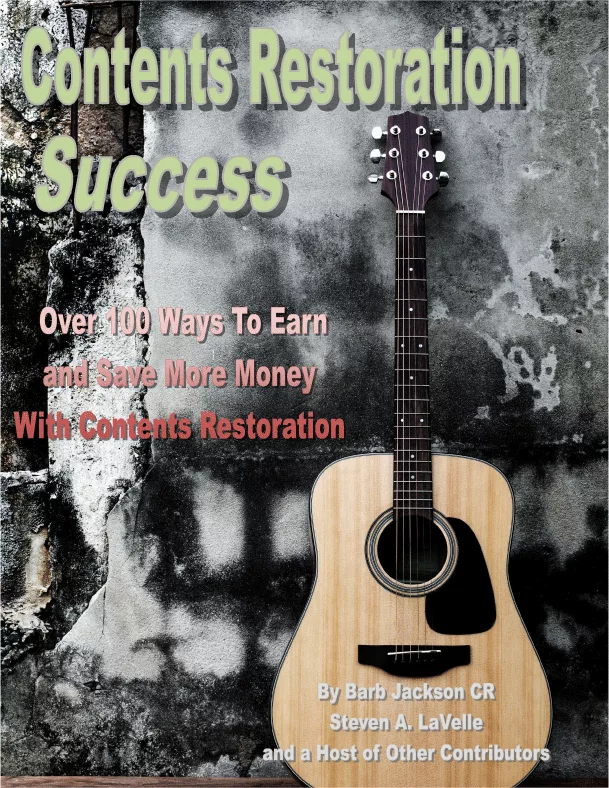Restoring Success: Hurricane Harvey – Our Industry’s Time to Shine

As we see and experience the widespread devastation in Texas, we also see an outpouring of support and help. In the face of the tragedies, we also get to see the best in others. Regardless of how many miles separate us, there is a desire to help from all over the country, and even all over the world.
As restoration professionals, some of us have deployed, some of us live and work in the affected regions, and some of us feel compelled to help in some way. It is intrinsic to our nature to respond and help people recover.
As our industry will be instrumental to the recovery and restoration of the areas that Hurricane Harvey destroyed and as we help the victims, the buildings, belongings, businesses, lives, and livelihoods, it is our moment to shine as an industry.
The following is a list of things to consider as the restoration industry responds and shines:
-
Standards of Care: Appropriate standards of care should be followed in executing our work. Appropriate levels of knowledge and supervision of the execution of the work should be considered. The following are only two of many standards that may come into play during the recovery and rebuilding efforts.
- ANSI/IICRC S500 Water Damage Restoration http://www.iicrc.org/standards/iicrc-s500/
- ANSI/IICRC S520 Mold Remediation http://www.iicrc.org/standards/iicrc-s520/
- The following IICRC White Paper is a great reference guide for the general public and a great review for restorers. http://www.iicrc.org/registrants/industry-perspective/
-
Offer Assistance: Many affected will not have any resources or very limited resources. Be prepared to offer guidance and technical advice.
- Offer a variety of helpful website links like the white paper reference above.
- Have pre-made tip sheets that may be helpful to victims.
- The Restoration Technical Institute will be offering two free webinars for victims, volunteers, and restorers – More information can be found and shared through the following link: Free Help Webinars
- Clean-up of Category 3 Flood Water
- Flood Insurance
- Local laws and ordinances: Be certain to familiarize yourself with local laws and abide by them. Be aware that contract law may differ from your state. https://texas.gov/
-
Insurance: Familiarize yourself with the variety of policies that will be encountered and prepare yourself to guide (not adjust a claim) the victims.
- Flood Policy: https://www.fema.gov/nfip-file-your-claim
- Wind Policy: http://www.tdi.texas.gov/consumer/cpmtwiaclaims.html
- There will be a variety of homeowner and business policies that will also come into play during recovery and restoration.
- Altruistic: We can give support of our time, talents and resources in many ways. I encourage everyone to donate and volunteer through a properly vetted charitable organization, and encourage those around you to do the same. The following link provides lists and although not all inclusive, provides guidance: https://www.nationalservice.gov/focus-areas/disaster-services/hurricane-harvey
- Restorers helping Restorers: Some of us will deploy and some will not. Let’s help each other with giving each other guidance, sharing resources, and partnering. Let’s keep those working in the areas in our thoughts for a safe and effective deployment.
Click here to read letters from restorers in the heart of the devastation.
Looking for a reprint of this article?
From high-res PDFs to custom plaques, order your copy today!








